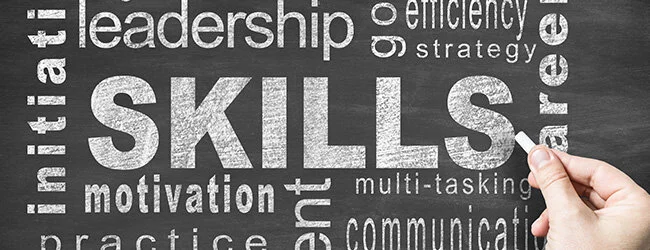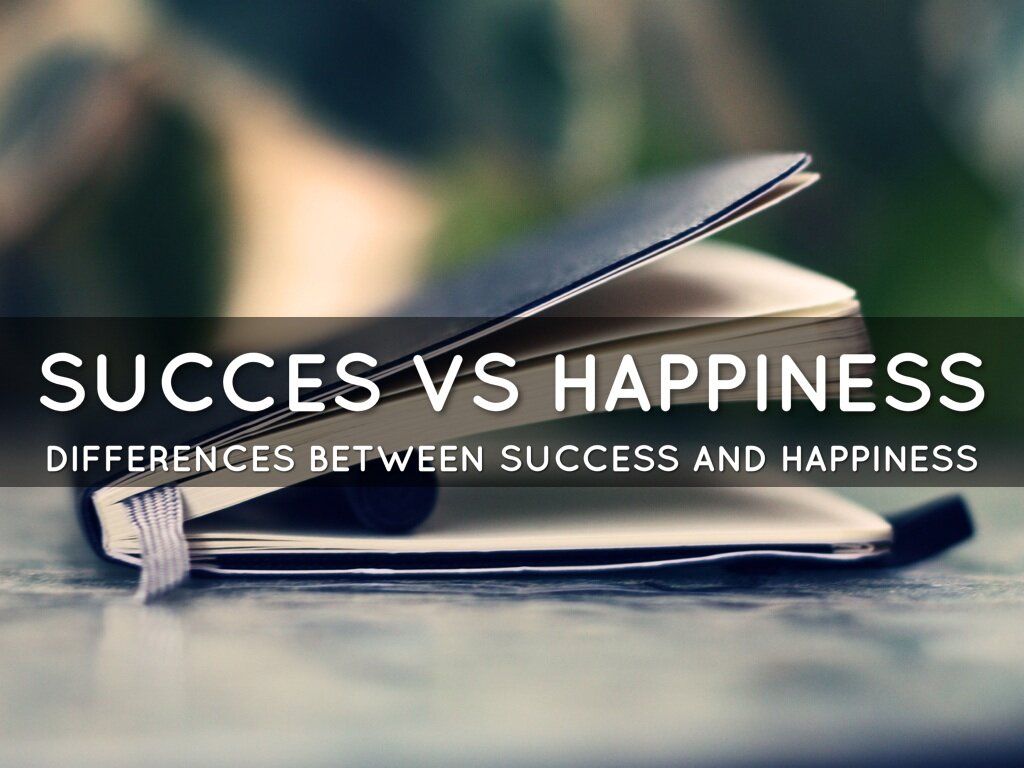via The Guardian
A few years ago, one of my good friends in Brooklyn switched me onto Dr. Joe Dispenza’s book, “Supernatural”. Being supernatural means overcoming challenges and conditions in your outdoor environment that most people would not be able to accomplish. Supernatural also clarifies the state of being in which you are able to change your body by thought alone to say it another way it means being greater than your body. Many people want to think positively but they are feeling negative, they want to live their dreams and have an exciting future but they feel unworthy. And this means that their body and mind are in opposition. We have to recondition the body in order to create a new mind. How many people do you know who have memorised suffering? I think what they are really saying is no matter what happens, no person, no thing or experience can move them from that state.
The combination of how you are thinking and how you are feeling is called the state of being. We have three brains that allows us to go from thinking to doing, to being. The first brain is called neocortex and allows us to decide on the action to focus our concentration to invent to speculate to have intention or attention. The second brain called the limbic brain which makes a chemical that is called a feeling or an emotion. The third brain is called the cerebellum and it’s responsible for you beginning to develop what’s called implicit memories or non-declarative memories where you have done something so many times that you no longer have to consciously think about it.
Most people wait for crisis, or trauma, or disease, or loss, or diagnosis to really want to change. They wait to the point where ego is brought to such a low level that they cannot go on 'business as usual’ any longer. That’s when we begin to look at how we’re thinking, or what emotions we are living by. My message is: Why wait? We can learn to change in a state of pain and suffering, which tends to be the human model, or we can learn to change in a state of joy and inspiration. Contact me via e-mail if you are interested in change as every time you learn something new, your brain physically changes.





















